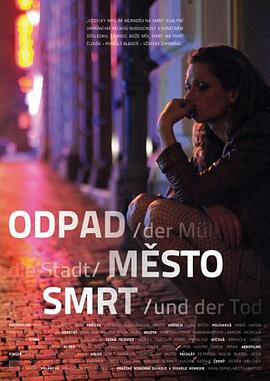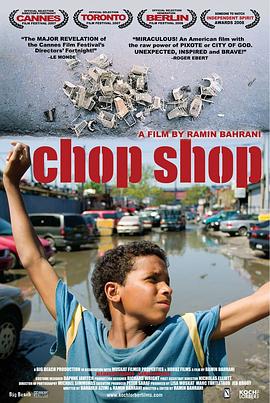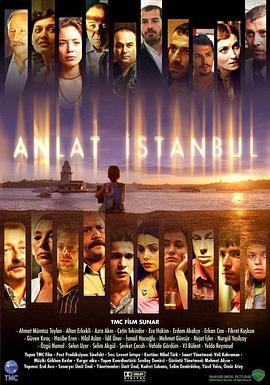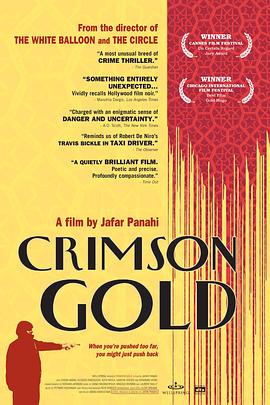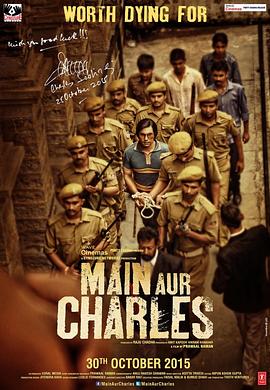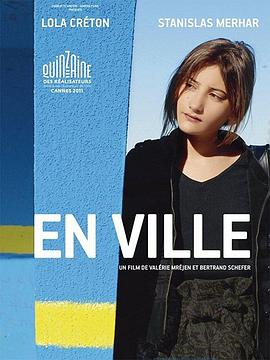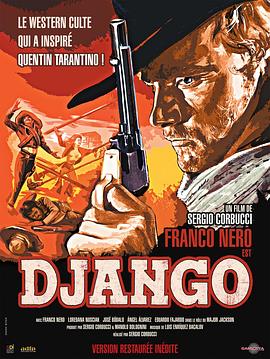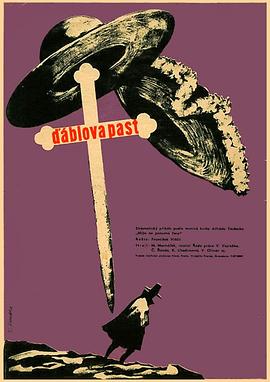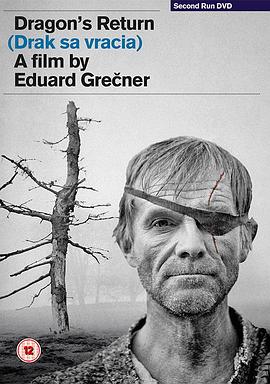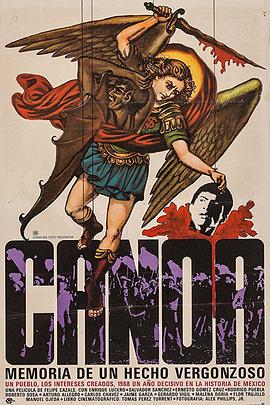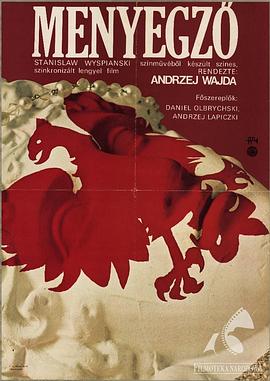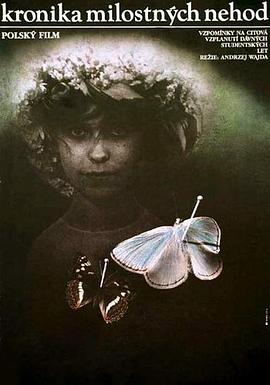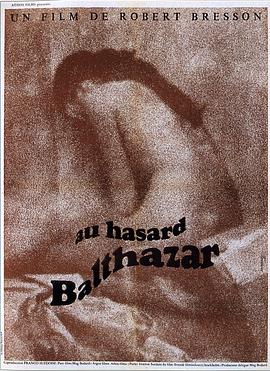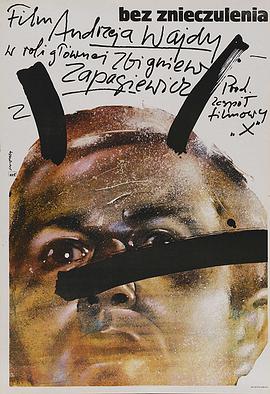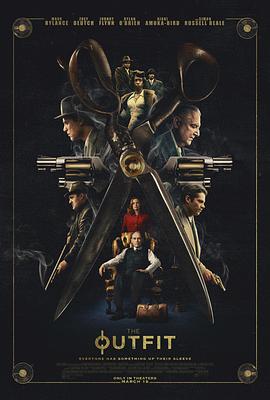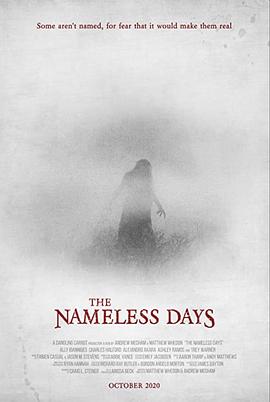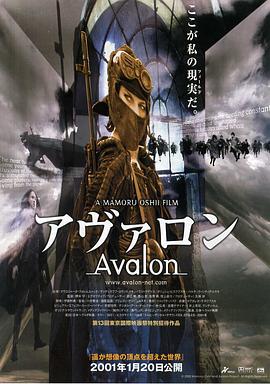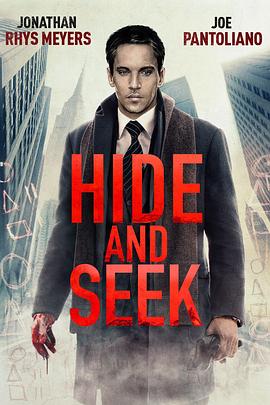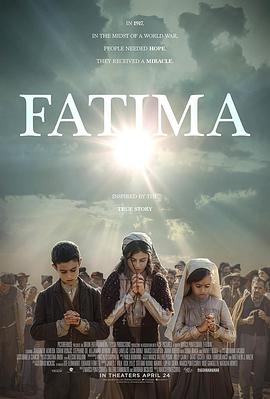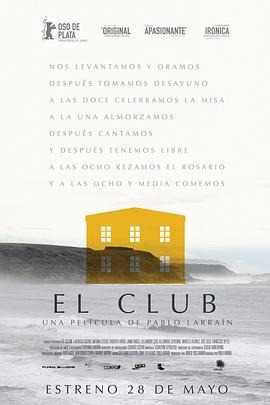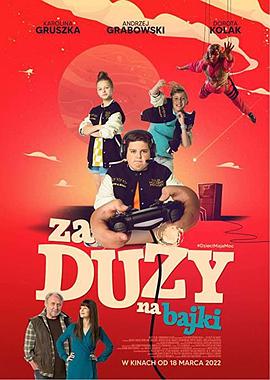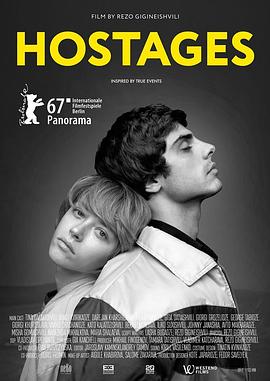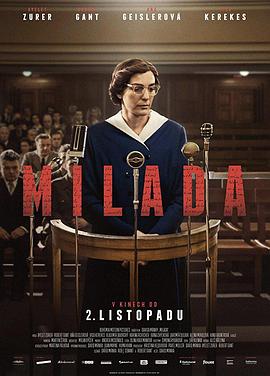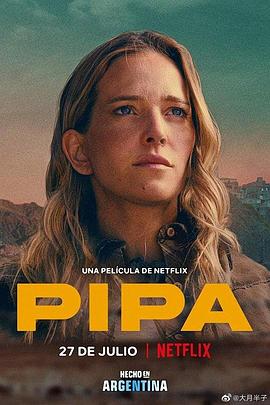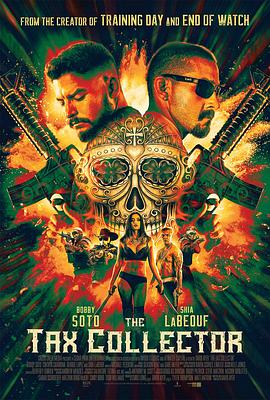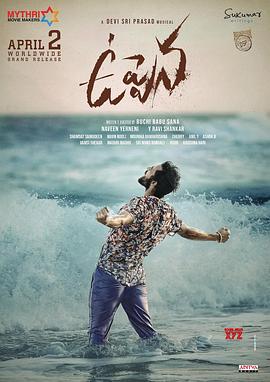Ej
搜索"Ej",找到262部影视作品
导演:
/Jan Hřebejk
主演:
/内详
剧情:
Contemporary Prague – social decay is inevitable. Prostitute Romi’s failures at work and elsewhere drive her to enthusiastically pursue other options. Is she heading for salvation or damnation? This courageous film from a director most often associated with box-office hits marks another shift in his varied creative career.
导演:
/Valérie Mréjen,Bertrand Schefer
剧情:
Iris, seize ans, vit la fin de son adolescence dans une petite ville de province lorsqu'elle rencontre par hasard Jean, un photographe parisien d'une quarantaine d'années. Au fil des rendez-vous, leur relation se transforme en une amitié amoureuse qui bouleverse leurs vies.
导演:
/法兰提塞·维拉席
主演:
剧情:
In the time of Counter-Reformation, a miller and his son come under investigation by a priest of the Inquisition, when rumors spread that their prosperity comes from working with the Devil. The Devil's Trap is a film directed by František Vlá?il, based on a novel by Alfréd Technik, adapted by František A. Dvorák and Miloš Kratochvíl. It was the first of three historical dramas that Vlá?il made during the Czech New Wave (technically he isn't really a part of the New Wave, however these films were made during the same era of artistic freedom), preceding his more well known Marketa Lazarová (1967) and Valley of the Bees (1968). Set in the late 16th Century during the Catholic Reformation, in the Moravian Karst, situated in what is now the Eastern Czech Republic, it tells the tale of a miller (Vítezslav Vejrazka), and his son Jan (Vít Olmer), who come under suspicion and are investigated by a Jesuit priest of the Inquisition (Miroslav Macháchek), when rumors of witchcraft are spread by the local regent (Cestmír Randa), who is jealous of the miller's prosperity and degree of respect among the local populace. As expected from Vlá?il, this film is a stunning experience all the way through. From the opening shot, an ominous manipulation of perspective with a close up of a mangled figure of Christ dominating the foreground against a tiny figure in black walking along the horizon, to the breathtaking confrontational finale inside the vast stalactite filled Karst caverns, it is a wonderful display of visual mastery. Maybe not quite as impressive as Marketa Lazarová, but still full of astonishing imagery. As seen from unique angles and distinct points of view which highlight the director's remarkable sense of awareness of framing, motion, and positioning on the emotional and dramatic tone of the scene. The most memorable being a repeated shot where the camera is suspended and launched with speed through the air towards the miller's door. The story here is a simple one and I would say more accessible than his later works. With a conventional structure emphasized as much by its plot and characters, than by its expressionistic cinematography or authentic historical detail. The events play out without much surprise, and there is a strong underlying, almost supernatural, mysterious aspect that is left unresolved, in fact barely explored, which is slightly disappointing, but only because it's so fascinating that I wish there was more. Acting is great all around. Particularly the villains: Miroslav Macháchek as the priest, casting a sinister and imposing shadow wherever he goes, and Cestmír Randa as the weasel like regent behind all the persecution. While Vít Olmer brings a charismatic leading man presence in his role as the miller's son Jan, in love with the lovely orphan girl Martina (Karla Chadimová), who becomes a dangerous object of rivalry between Jan and other young men of the village. The film also features the evocative music of Zden?k Liška (perhaps the most prolific composer of the Czech New Wave). In this his second of eleven collaborations with Vlá?il, his compositions are used sparingly, but to great effect, complimenting but never overpowering a scene. The best example of which can be heard in an amazingly shot celebration and dance sequence at the end of the second act. The Devil's Trap might not be a masterpiece, but it is still a strong effort, with a fascinating straightforward story and a glorious historical setting captured beautifully by Vlá?il's unmistakable visual prowess. A fine work that would also be the perfect starter plate to prepare yourself for the challenging feast of Marketa Lazarová or The Valley of the Bees. It even has an easy to digest running time. It's therefore puzzling why this gem remains largely overlooked and ignored.
导演:
/爱德华·格莱纳
剧情:
与Stefan Uher和Elo Havatta一样,Eduard Grecner也是60年代斯洛伐克新浪潮电影的缔造者之一。他的三部影片《一周七天》(1964)《尼绒月亮》(1965)和这部《徳拉克的回归》都是斯洛伐克新浪潮电影的代表作。这部叙事方法独特带有明显意识流风格的黑白影片甚至间接影响到了后来法国导演格里耶在捷克拍摄的两部影片《说谎的人》和《Eden and After》。 A special place in the development of feature films is reserved for Eduard Grecner, the creator of just one good film, Dragon Returns (Drak sa vracia, 1967), titled after the nickname of the lead character. After his initial work with Uher, Grecner made his mark as a proponent of the so-called "intellectual" film, the antithesis of the sociologically, or rather, socially critical film. Grecner's great role model was Alan Resnais, a young French filmmaker who sought to introduce Slovakia to the idea of film as a labyrinth in which meanings are created not by stories, but by complex configurations of dialogue, shots, and various layers of time, thus differentiating film from both literature and theater. In Dragon Returns―the story of a solitary hero who is needed by villagers living far in the mountains, but who is rejected by them at the same time because of his detachment―Grecner brought the tradition of lyricized prose to life through a whole series of formal aesthetic techniques. Alain Robbe-Grillet immediately developed this idea in the film shot in Bratislava The Man Who Lies (Slovak: Muz, ktory luze; French title: L'homme qui ment; 1968), and perfected it in Eden and After (Eden a potom, 1970).
导演:
/安杰伊·瓦伊达
主演:
剧情:
Set at the turn of the century, the story concerns a Polish poet living in Cracow who has decided to marry a peasant girl. The wedding is attended by a heterogenous group of people from all strata of Polish society, who dance, get drunk and lament Poland's 100-year-long division of Poland under Russia, Prussia, and Austria. The bridegroom, a painter friend, and a journalist each in turn is confronted with spectres of Polish past. In the end a call to arms is called but turns out to be a hoax.
导演:
/Maciej Dejczer
主演:
剧情:
Based on a true story dating back to 1985 when two Polish boys, a teenager and his little brother, escaped from communist Poland all the way to Sweden, hidden under a truck. In the movie, their destination has been changed to Denmark.
导演:
/路易斯·布努埃尔
主演:
剧情:
从少管所逃出来的少年哈伊伯(罗伯特·考博 Roberto Cobo 饰)带领小孩子们欺负街市上卖艺的瞎眼老头儿(米格尔·因克兰Miguel Inclán 饰),抢他的钱,敲破了他的鼓。傍晚,一个没名字的乡下孩子“小眼睛”(Mário Ramírez 饰)被父亲遗弃在集市 ,孩子们中一个叫佩德罗的(阿尔方索·梅嘉 Alfonso Mejía 饰)同情他,带他到朋友家的牛棚过夜。佩德罗自己因成天与小混混们在一块儿,不找工作帮衬家里,被妈妈(伊斯特纳·英达 Estela Inda 饰)厌恶,也被赶出了家门。而哈伊伯惦着一年前与另一少年的过节,让佩德罗带着他找其寻仇。佩德罗想要脱离哈伊伯,也想重获母爱回家,可事情却没想象的那么简单…… 本片获1951年戛纳电影节最佳影片提名,并获最佳导演奖。1953年,获英国电影电视协会最佳影片奖。
导演:
/格拉汉姆·摩尔
剧情:
雷纳德(马克·里朗斯 Mark Rylance 饰)是一位手艺精湛的裁缝,一场火灾之后,他离开了伦敦,来到芝加哥,在这里经营着一间属于自己的裁缝店。店里的员工除了雷纳德自己外,还有一个名叫梅布尔(佐伊·达奇 Zoey Deutch 饰)的姑娘,梅布尔的父亲是一个臭名昭著的恶棍,背负着父亲的“盛名”,梅布尔下定决心要攒够钱,去看一看这个肮脏黑暗的街区以外的世界。 一天深夜,黑帮大佬罗伊(西蒙·拉塞尔·比尔 Simon Russell Beale 饰)的儿子里奇(迪伦·奥布莱恩 Dylan O'Brien 饰)和他的副手弗朗西斯(强尼·弗林 Johnny Flynn 饰)闯入了店中,里奇身受重伤,在弗朗西斯的威胁之下,雷纳德处理了里奇的伤口,将他从死亡线上救了回来,但与此同时,他也被卷入了这个黑帮家族的纷争之中。
导演:
/押井守
主演:
剧情:
故事发生在未来的世界中,当周遭真实发生的所有事情都无法再刺激到年轻人麻木的神经后,他们将目光投向了虚无的虚拟世界当中,于是,一款名为“阿瓦隆”的游戏诞生了。在游戏中,人们可以选择任何他们想要经历的刺激关卡,在通关后甚至可以得到巨额的奖励。就这样,越来越多的人们沉溺于虚拟世界的厮杀和争斗,而等待着他们的最终结果就是过度刺激造成的脑部的永久性损伤。 阿修(玛尔歌泽塔·弗雷姆夏克 Malgorzata Foremniak 饰)是诸多游戏者中的一员,她精湛的技术和独来独往的特殊个性引来了众人的瞩目,却也引来了危险的竞争者。为了弄清楚这个神秘竞争者的真实面目,阿修在虚拟和现实世界中展开了双线调查,随着调查的深入,一段隐秘的往事渐渐的浮出了水面。
导演:
/帕布罗·拉雷恩
剧情:
修女莫妮卡与一群年龄各异的牧师共同住在智利海岸边的一所房子里。在每天祈祷和做忏悔之余,他们训练灵缇犬(Greyhound)参加比赛。到底是什么把他们带到了这里,带到这块潮湿粘稠的微风持续吹拂的世界尽头。有一天,新来了一位牧师,但这位新牧师收到了来自他人的严厉指控。那个指控他的声音越来越响,直到它被一声枪响中断。年轻的牧师选择用自杀的方式来回避指控。上头派来了调查员,但这位调查员是不是真的希望查明事情的真相呢?也许他的出现只是希望继续维持着这里美丽的表象。 电影一点一点地将黑暗中的秘密揭示出来,挖掘了这些上帝仆人的过往,并无情地揭示了天主教堂里存在的许多矛盾。导演的剧本做到了教堂本身没有做到的事情,他并不是简单的惩罚一个替罪羊。影片实际上严格遵守了基督教中关于殉难的规则和仪式。
导演:
/列佐·吉吉涅什维利
主演:
剧情:
改编自真实事件。1983年,当时的格鲁吉亚还是苏联加盟共和国。两个出身精英家庭的年轻人尼卡和安娜正在紧张地准备他们的婚礼。然而,对于他们两人和前来的朋友来说,这样一个盛大的婚礼事实上是只是他们计划的一部分——他们正在策划着从苏联逃跑。就在婚礼结束后的第二天,这群年轻人开始了他们最疯狂的计划:劫持一架当地从第比利斯飞往巴统的航班,迫使它降落在土耳其境内,这样就能来到不属于东区的国家。但随着飞机缓缓离开地平线,一切似乎都渐渐失去了掌控
导演:
/David Mrnka
剧情:
Netflix投资的一部电影,了解了一个了不起的人,一段历史:Milada Horáková,出生于奥匈帝国时期的布拉格,一战时17岁,因为参加反战游行,被学校开除,之后致力女性平权和儿童福利,1940年因为参与地下抵抗组织被盖世太保拘捕,关押在德国的集中营,德国当局要求德国法庭判死刑,但最终法庭判了她八年,1945年二战结束回到布拉格;46年参选成为国会议员,继续专注女性平权,48年捷共政变,她辞职抗议,公开批评捷共不民主。49年被捕,50年以“国家和人民的敌人"罪名被处以绞刑。在苏共安排下,她和另外十二人的这场审判透过广播直播,最终四人被判绞刑。Milada在1989年后得到平反,布拉格的一条街道以她命名,被执行死刑的那天,也被列为捷克极权制度牺牲者纪念日。Milada最后遗言:“我高昂着头颅,尽管它可能落地也一定这样。在战斗中人们会倒下,但是如果不去战斗,那还是生活吗。

